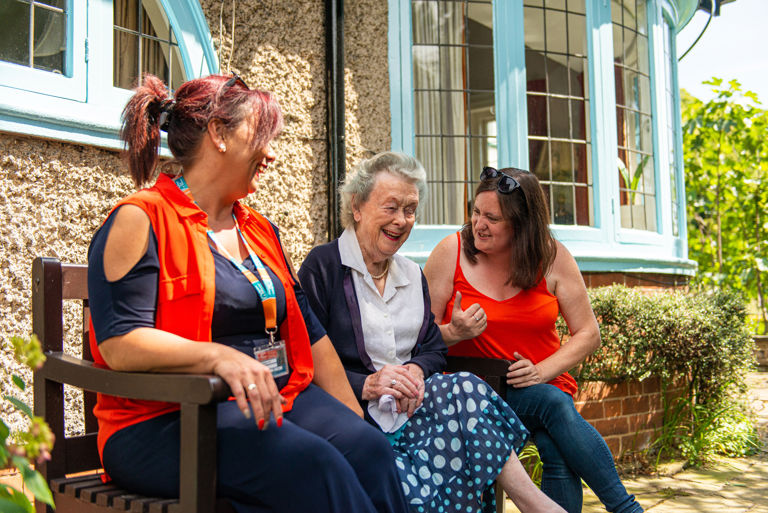
Published: 01/01/2025
As winter nights grow longer and days become colder and greyer, the elderly may find these changes difficult to navigate. Combining this with the hustle and bustle of the holiday season, can create confusion and emotional challenges for individuals, when it comes to temperature fluctuations and social situations.
The elderly may struggle to communicate their needs, and in winter, this can be particularly challenging. They may not recognise temperature changes and may resist wearing warmer clothing, putting them at risk of illnesses. Additionally, the cold can cause physical discomfort, particularly in the joints, leading to stiffness and pain that may be difficult to express.
Winter weather can also increase the risk of slips and falls. Reduced mobility makes icy sidewalks and slippery surfaces even more hazardous. If activity levels decline due to the cold or reduced motivation, physical strength can decrease, creating a cycle of weakening muscles and greater risk of injury. Caregivers can encourage safe mobility within the home, such as guiding them through light exercises, asking them to assist with small tasks around the house, and supervising outdoor walks.
The elderly are also more susceptible to illnesses like the flu. Our Caregivers at Right at Home Grantham & Newark are trained in personal care can ensure that the individual maintains proper hygiene and stays up to date with their vaccinations, reducing the risk of illness.
The shorter daylight hours and colder temperatures can also impact sleep patterns, leading to earlier bedtimes. This disruption can contribute to seasonal affective disorder (SAD), further affecting mental and physical health. Caregivers can help by encouraging short, safe walks in daylight, engaging the individual in calming hobbies, or using music and movement therapy to boost mood and maintain a healthy sleep routine.
With fewer opportunities for socialising, winter can lead to feelings of isolation, loneliness, and anxiety. At Right at Home, we provide companionship and cognitive stimulation through personalised activities to help prevent these issues. Our caregivers are available to assist with outings, providing social interaction and maintaining a sense of connection with the outside world.
If you notice changes in your loved one during the winter months, consider building a relationship with a Right at Home caregiver. This proactive approach ensures they have the support they need, and as their needs change, their care plan can grow with them. Right at Home caregivers offer emotional, physical, and social support, helping your loved one remain safe, warm, and connected throughout winter.
;)

